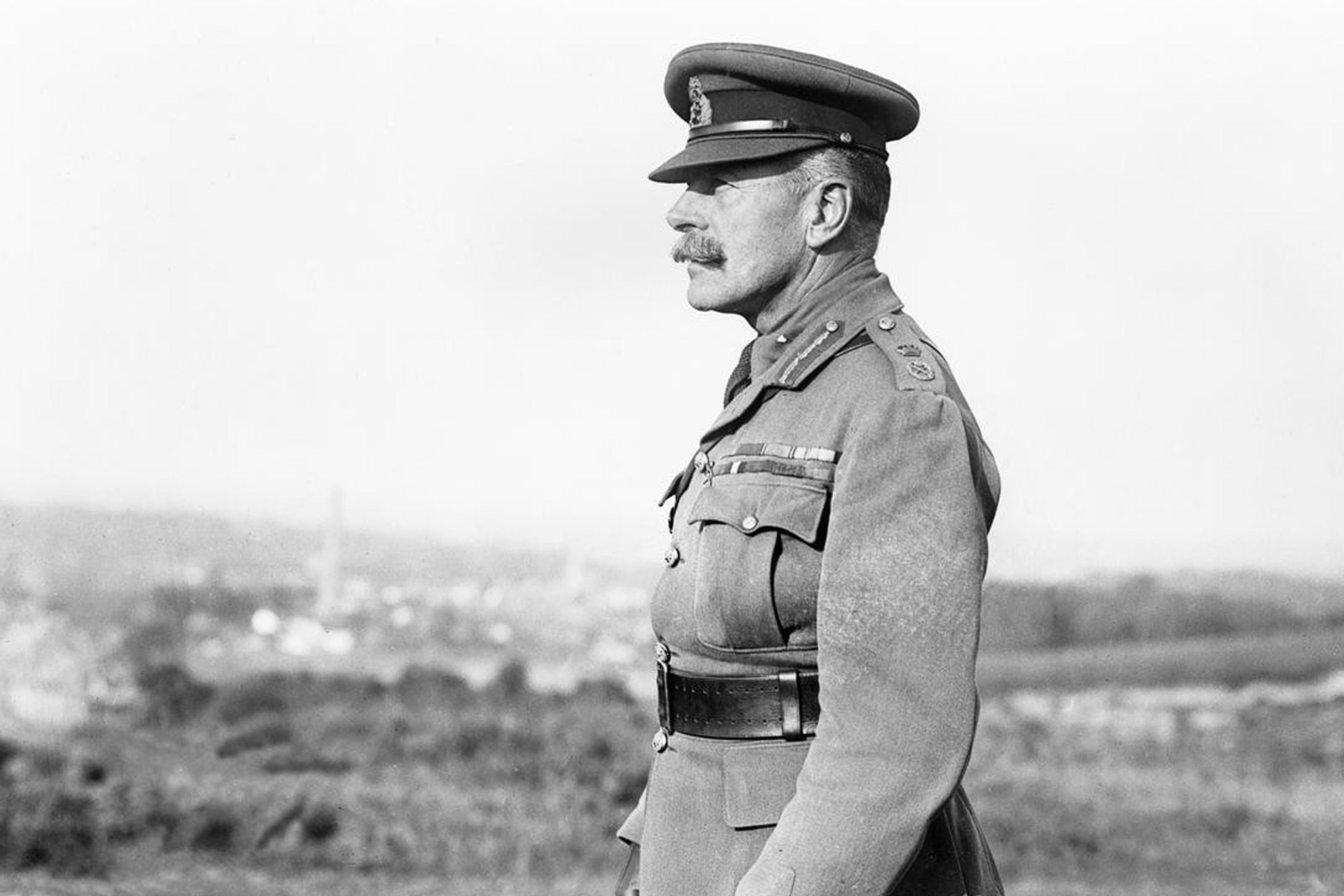
Why some of the smartest people can be so very stupid
Struggling to understand is perfectly honourable. Being wilfully stupid is something else and we should strive to fix it
by Sacha Golob

Struggling to understand is perfectly honourable. Being wilfully stupid is something else and we should strive to fix it
by Sacha Golob
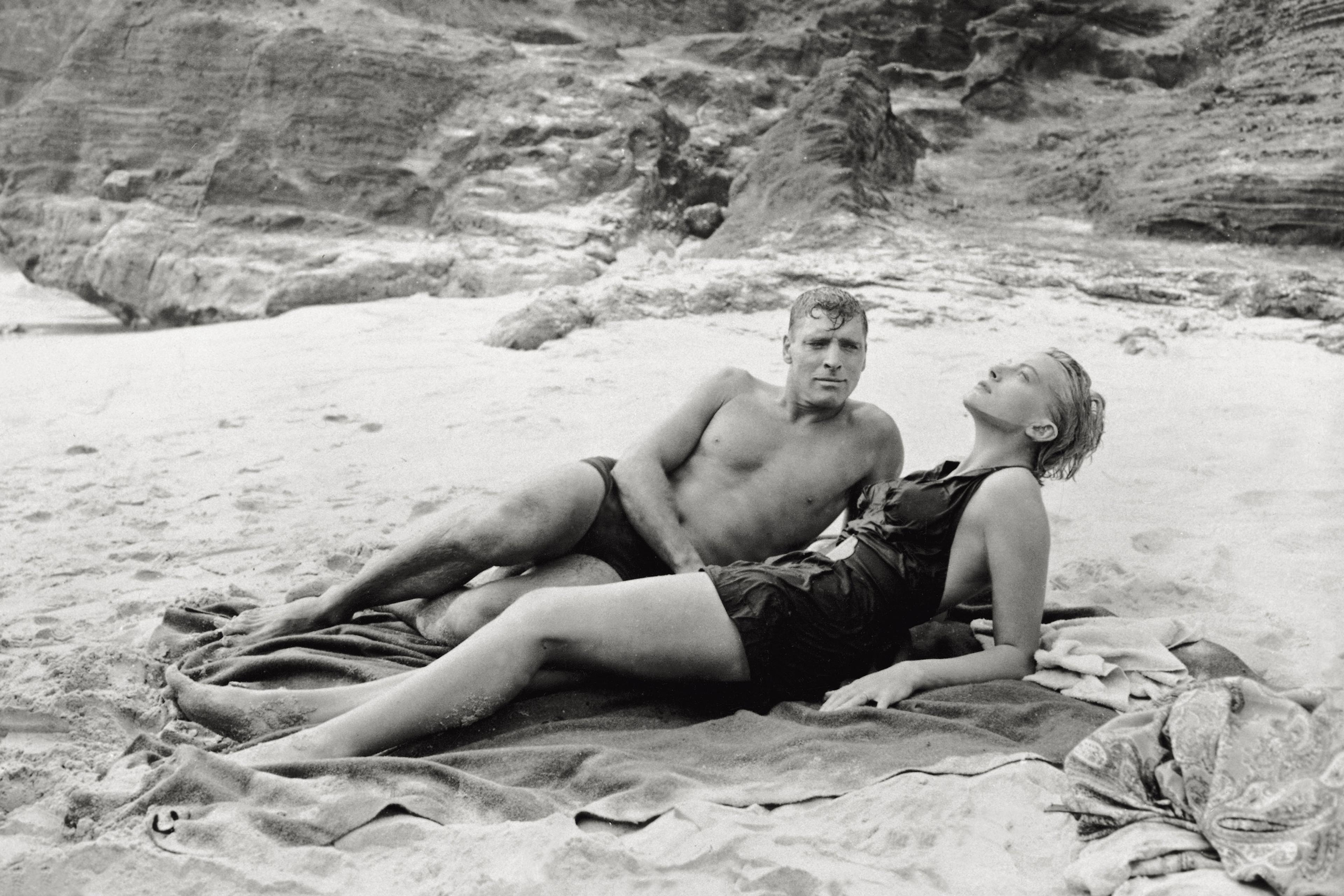
Blind, all-consuming love goes against your interests and impedes your flourishing. Submit your love to rational scrutiny
by Berit Brogaard
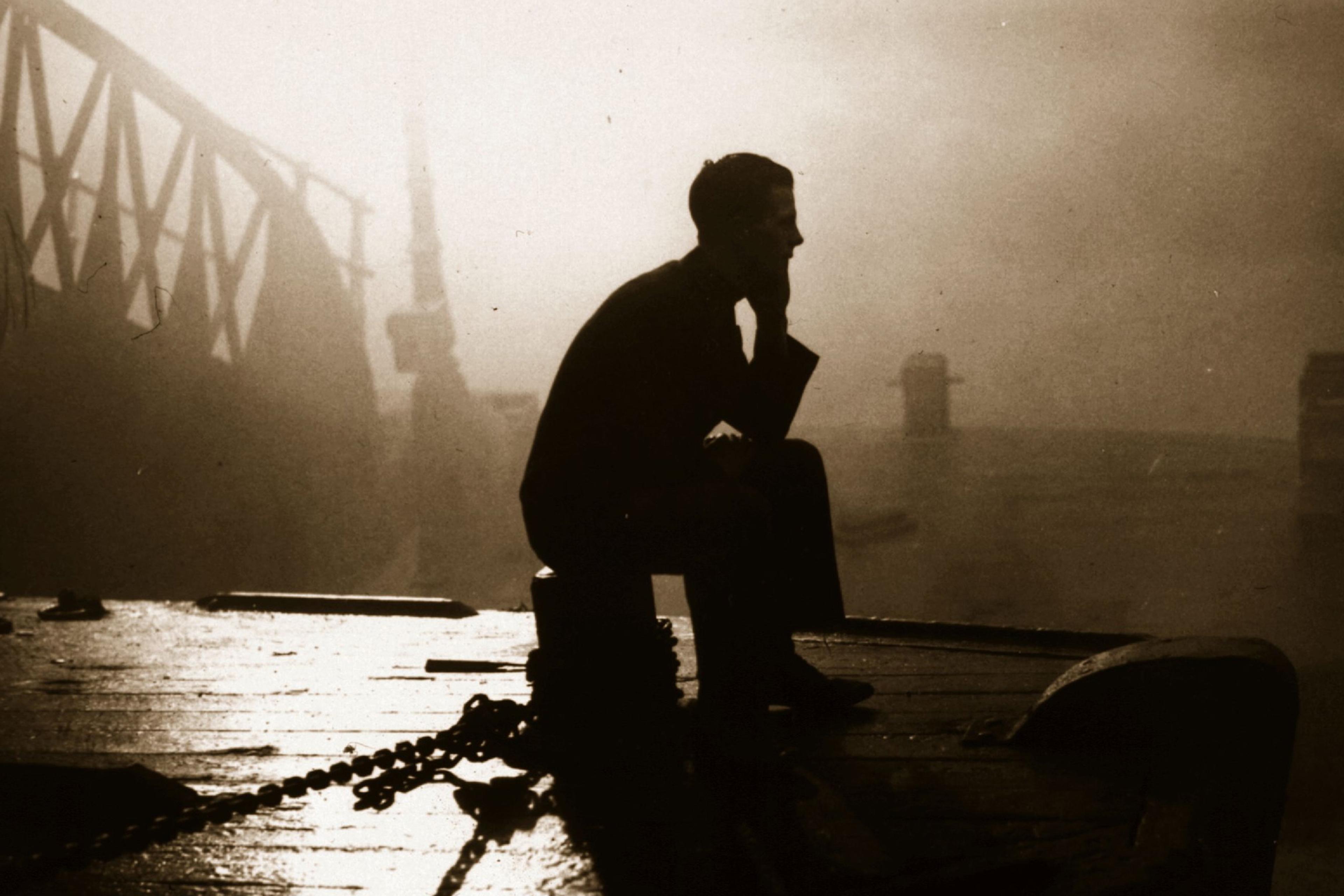
By learning to question and clarify your thoughts, you’ll improve your self-knowledge and become a better communicator
by Tom Chatfield
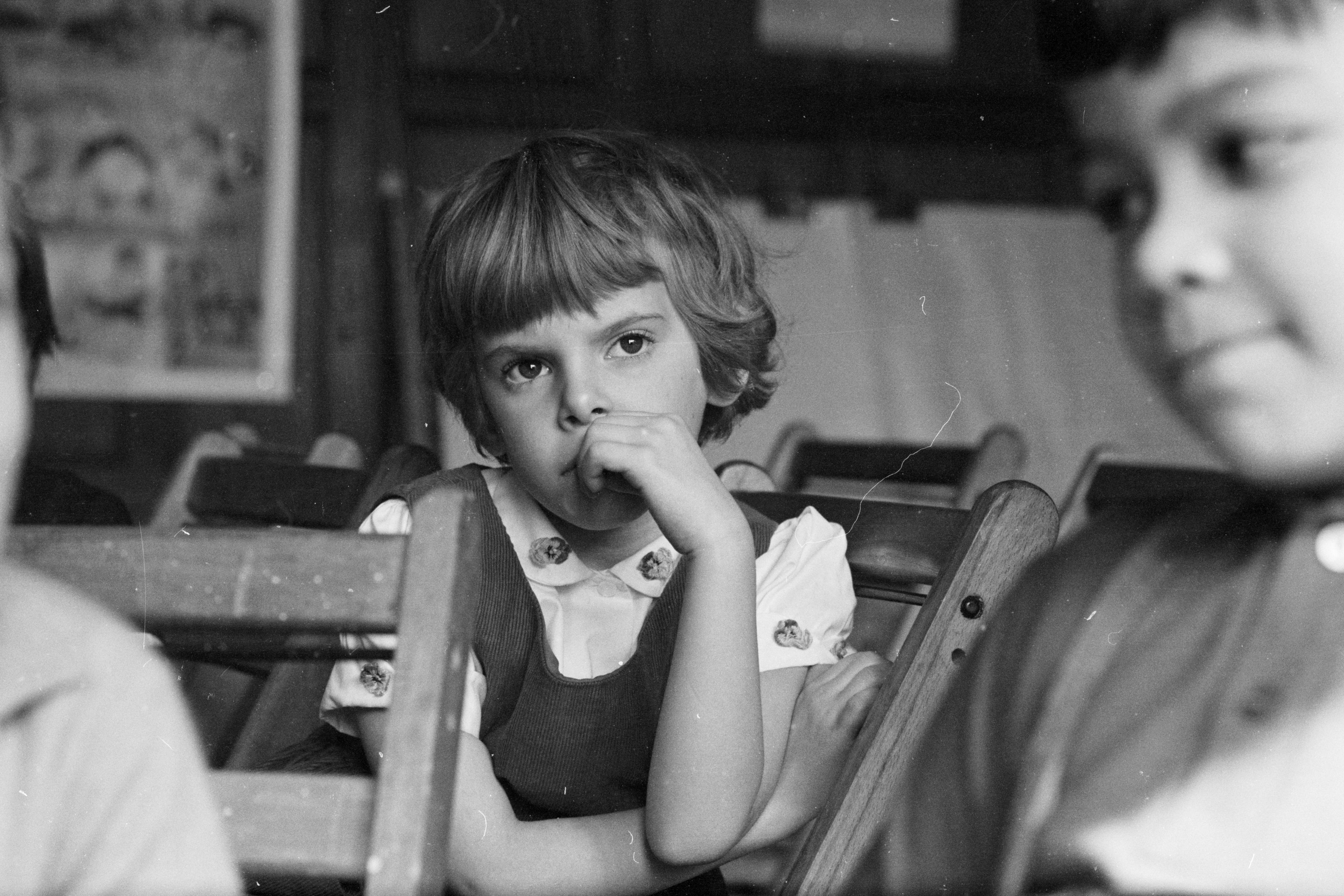
The experience of wonder is essential to the task of education – it opens up the world. That’s why teachers should foster it
by Anders Schinkel
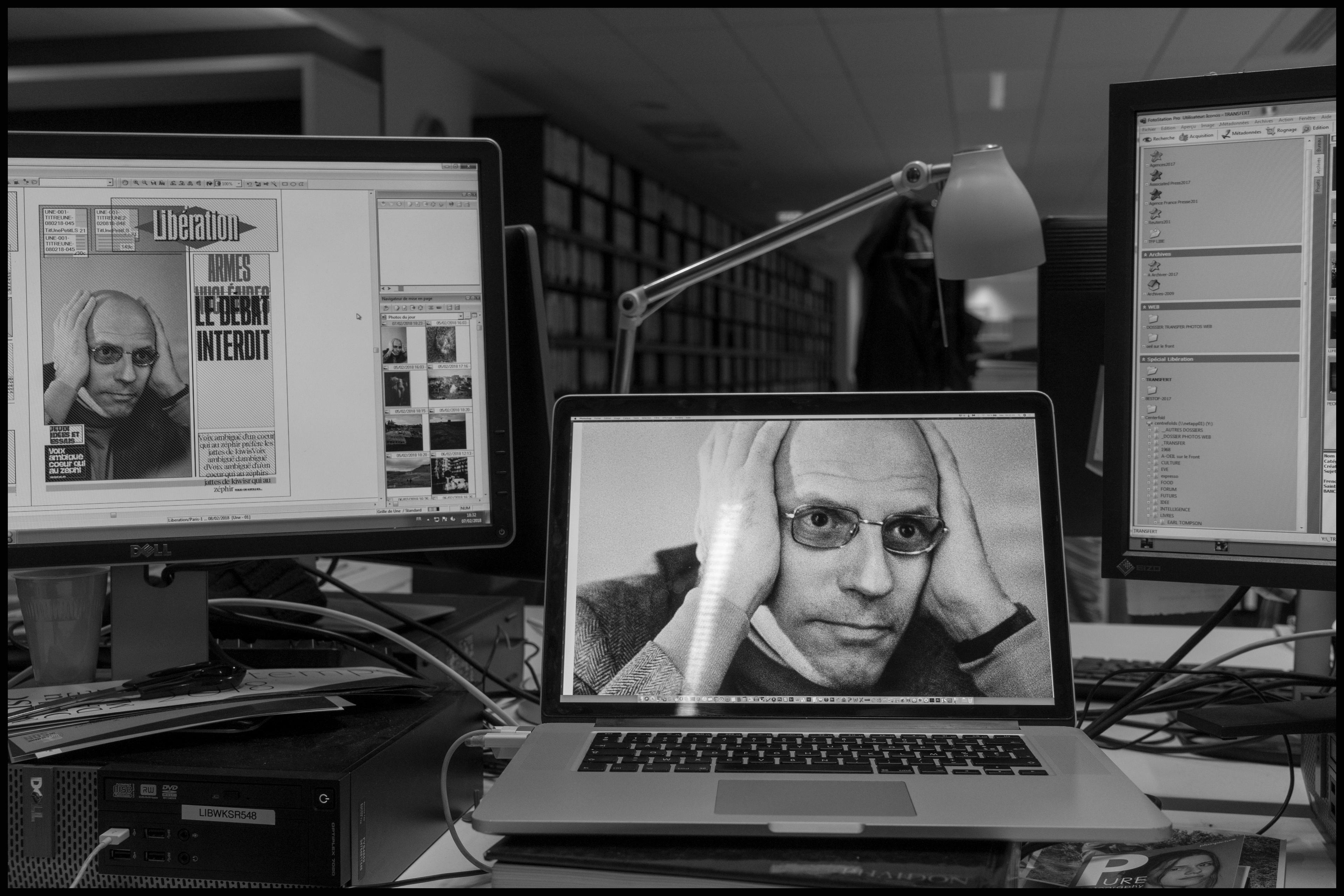
Pseudophilosophy can result from simple misunderstanding or wilful obscurity. The cure is basic critical thinking skills
by Victor Moberger
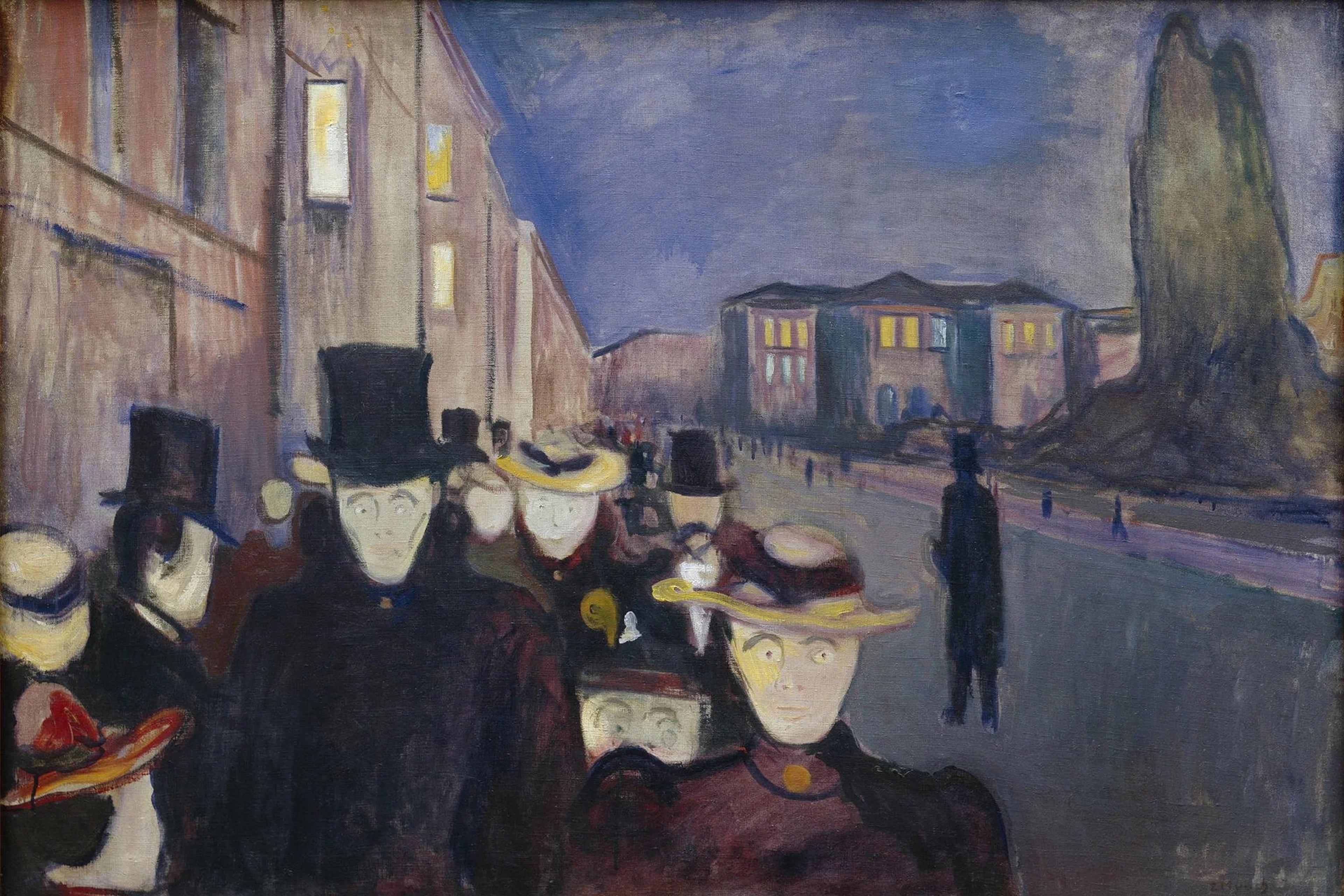
‘I’m anxious, therefore I enquire.’ Anxiety isn’t a problem to be solved; it drives philosophical enquiry and makes us human
by Samir Chopra

Upgrade your ability to recall dates, names or other details with an ancient trick of the memory trade: the ‘method of loci’
by Lynne Kelly
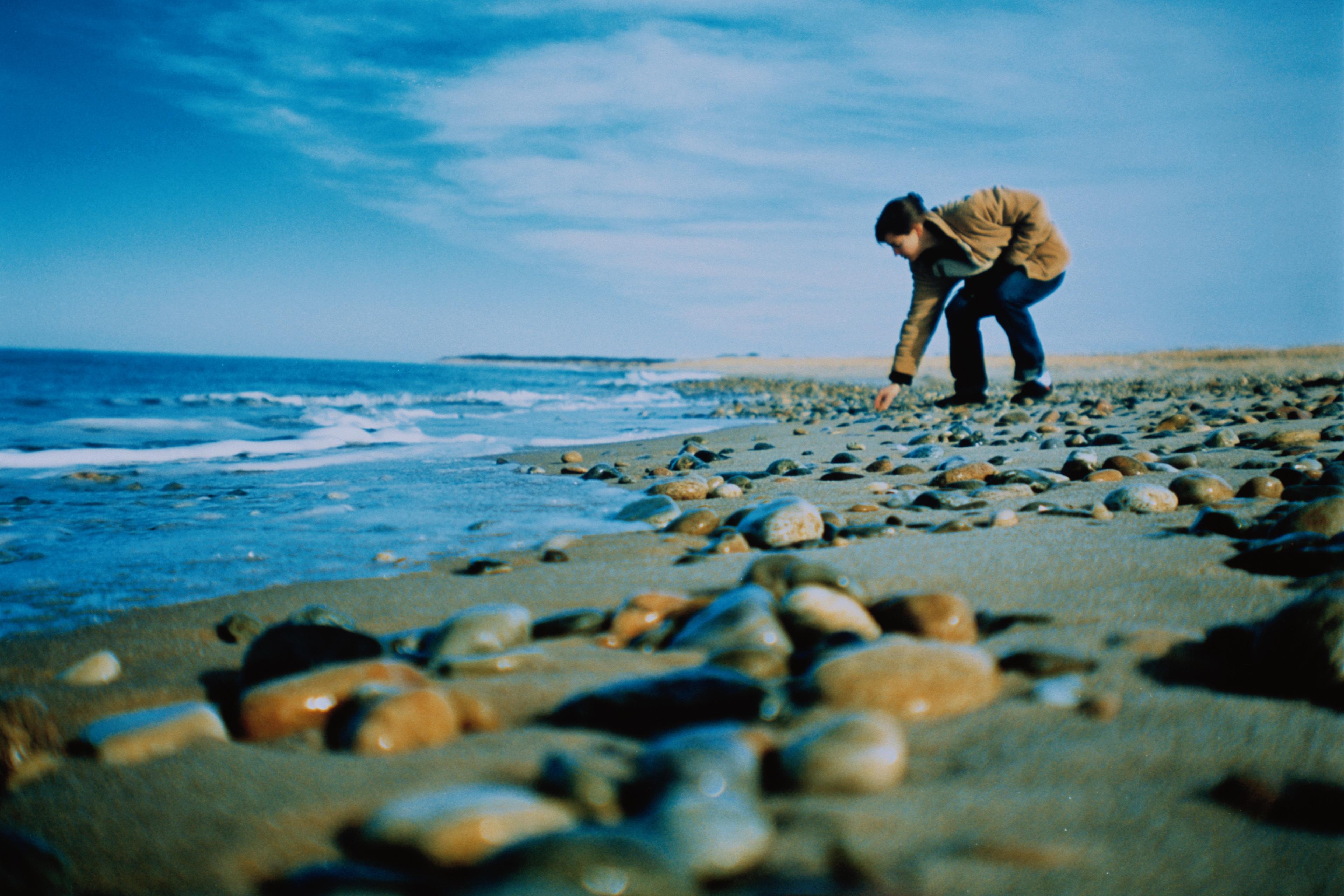
That childhood urge to ask ‘how’ and ‘why’ usually fades. But we can all learn to rediscover the joys of wide-eyed discovery
by Frank Keil

Doing Edmund Husserl’s phenomenological reduction will transform your view of the world and your own consciousness
by D J Hobbs
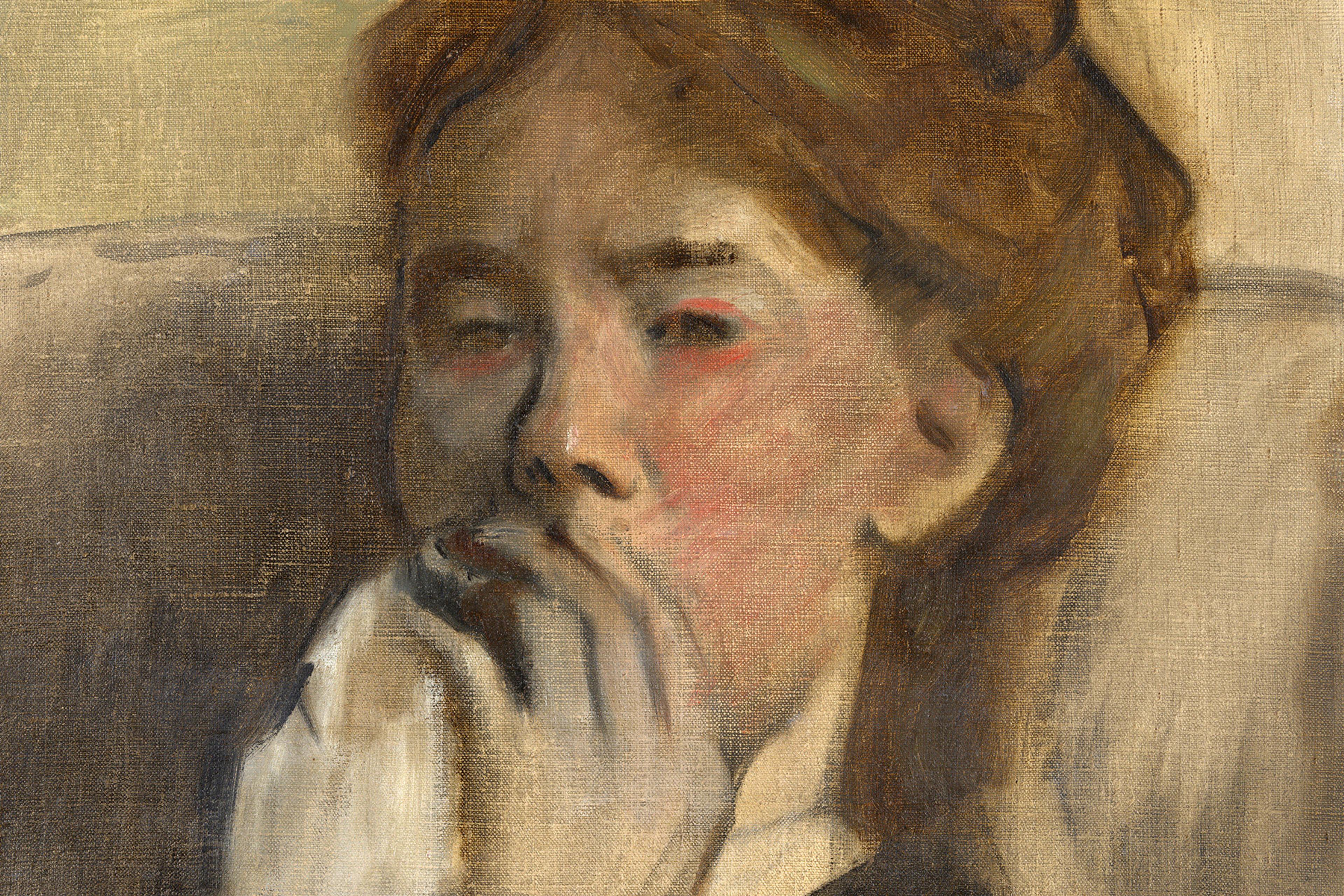
Knotty problems call for sound advice. Use philosophy to find the intellectually dependable amid the frauds and egotists
by T Ryan Byerly

In a world of few absolutes, it pays to be able to think clearly about probabilities. These five ideas will get you started
by Michael G Titelbaum
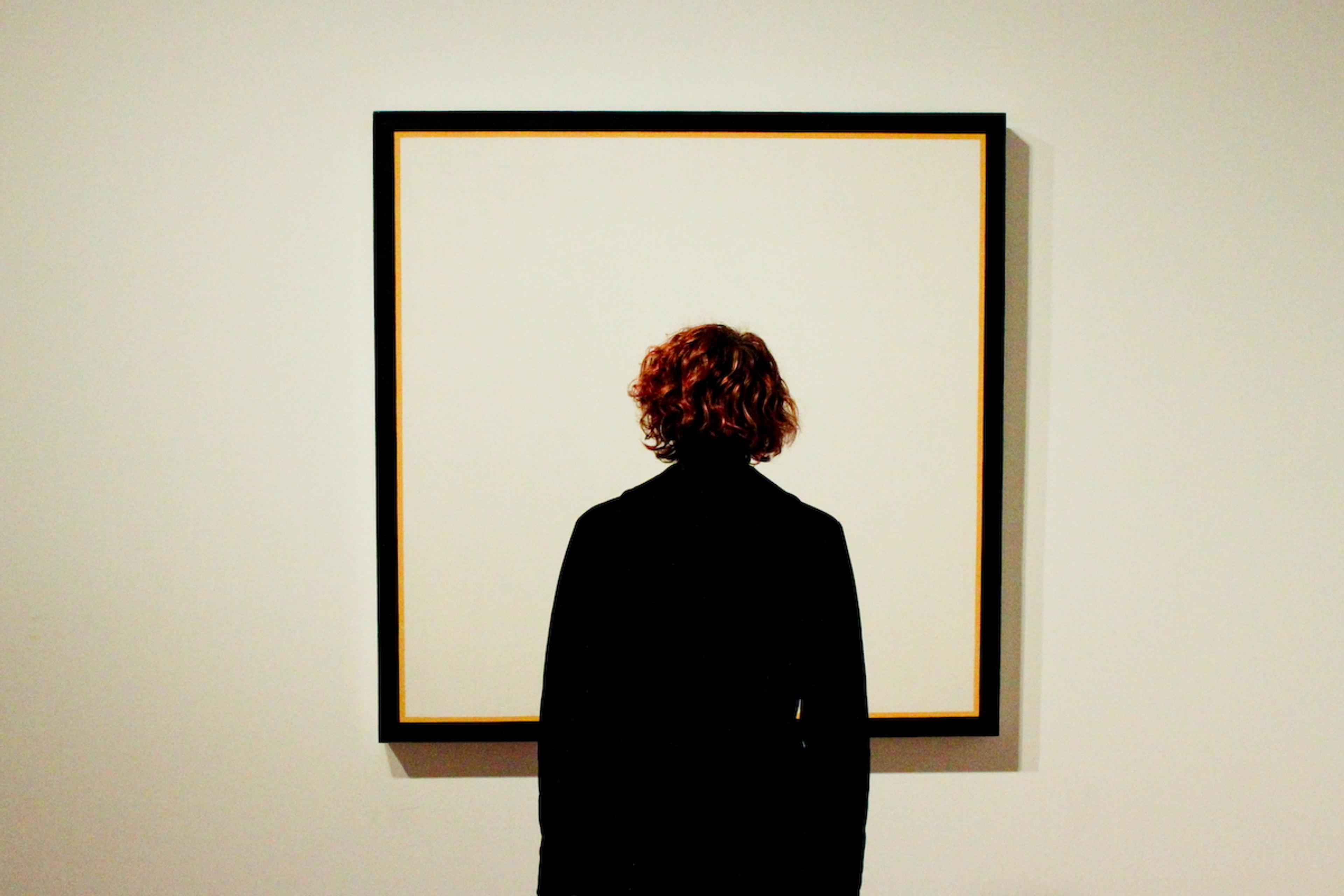
Schopenhauer and Proust can help you find inspiration from your favourite writers while also retaining an independent mind
by David Bather Woods
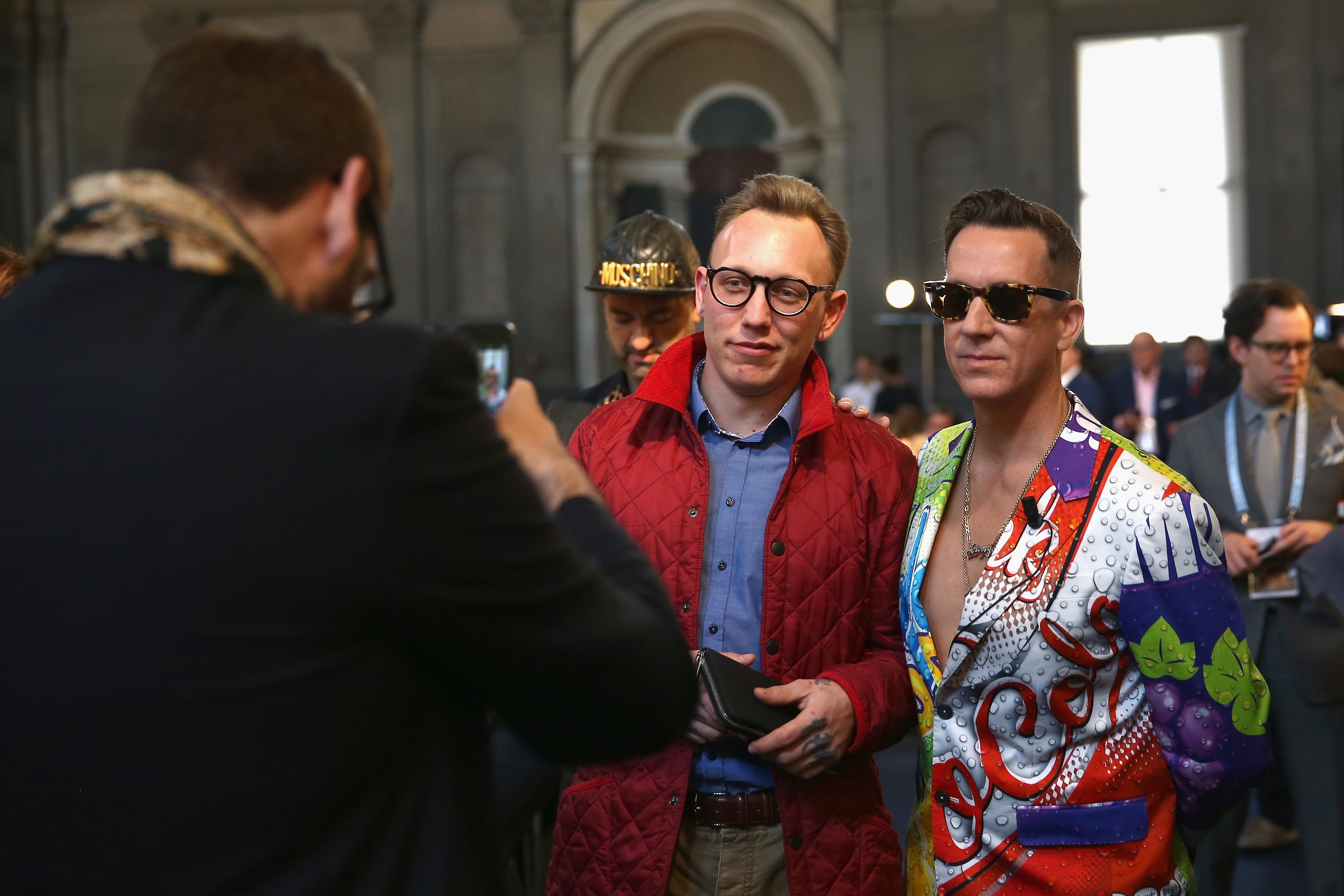
Sympathy is both key to human psychology and source of much of our misery. For Adam Smith, the philosophical life is the cure
by Blake Smith
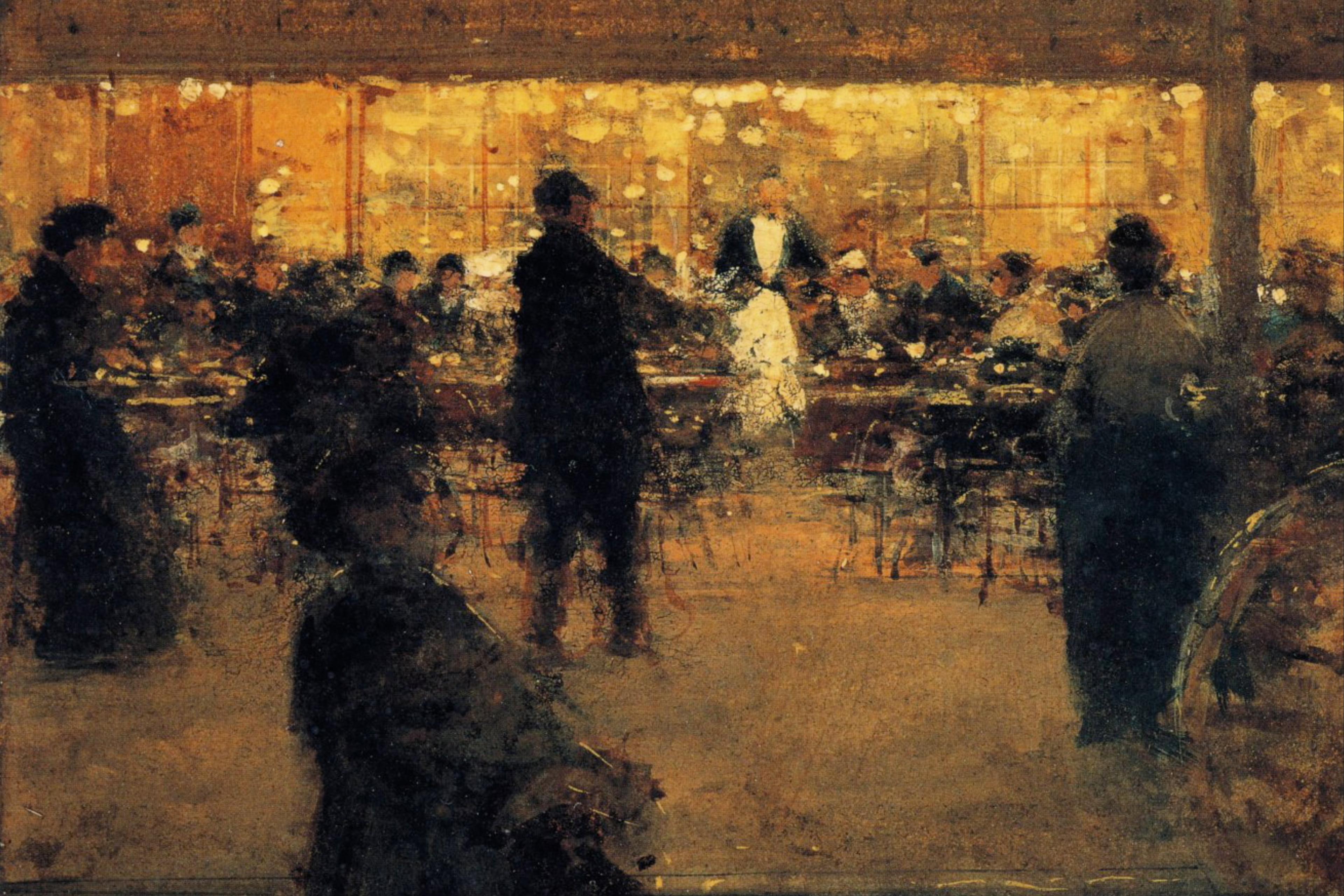
As much as people struggle with not knowing, we live in an uncertain world – and there are advantages to embracing that
by Jessica Alquist
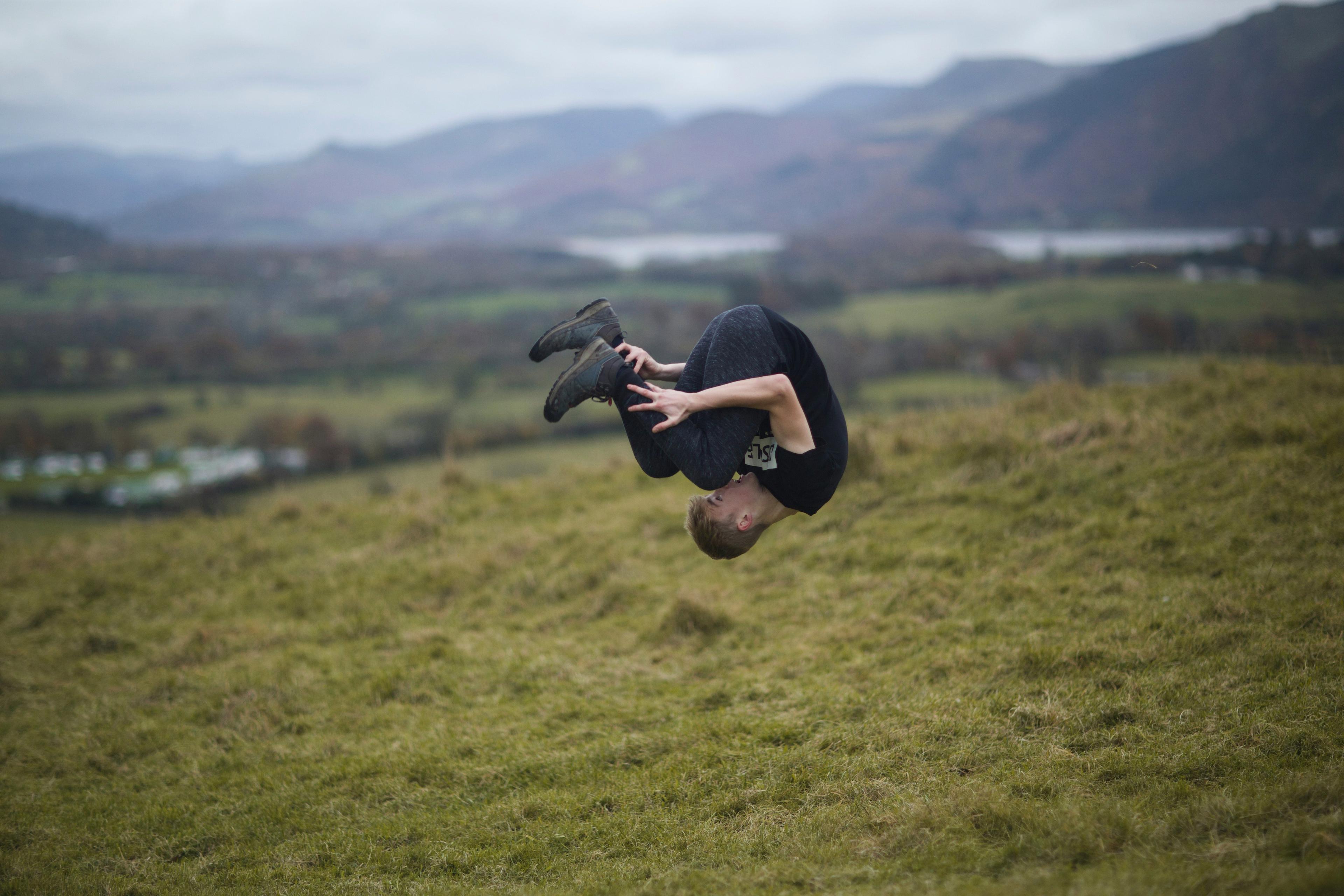
In logic, validity is prime. If you want to make valid arguments, or sniff out invalid ones, here’s what you need to do
by Robert Trueman

There’s more to wellbeing than physical and mental health: we also need epistemic wellbeing, or good access to knowledge
by Kenneth Boyd